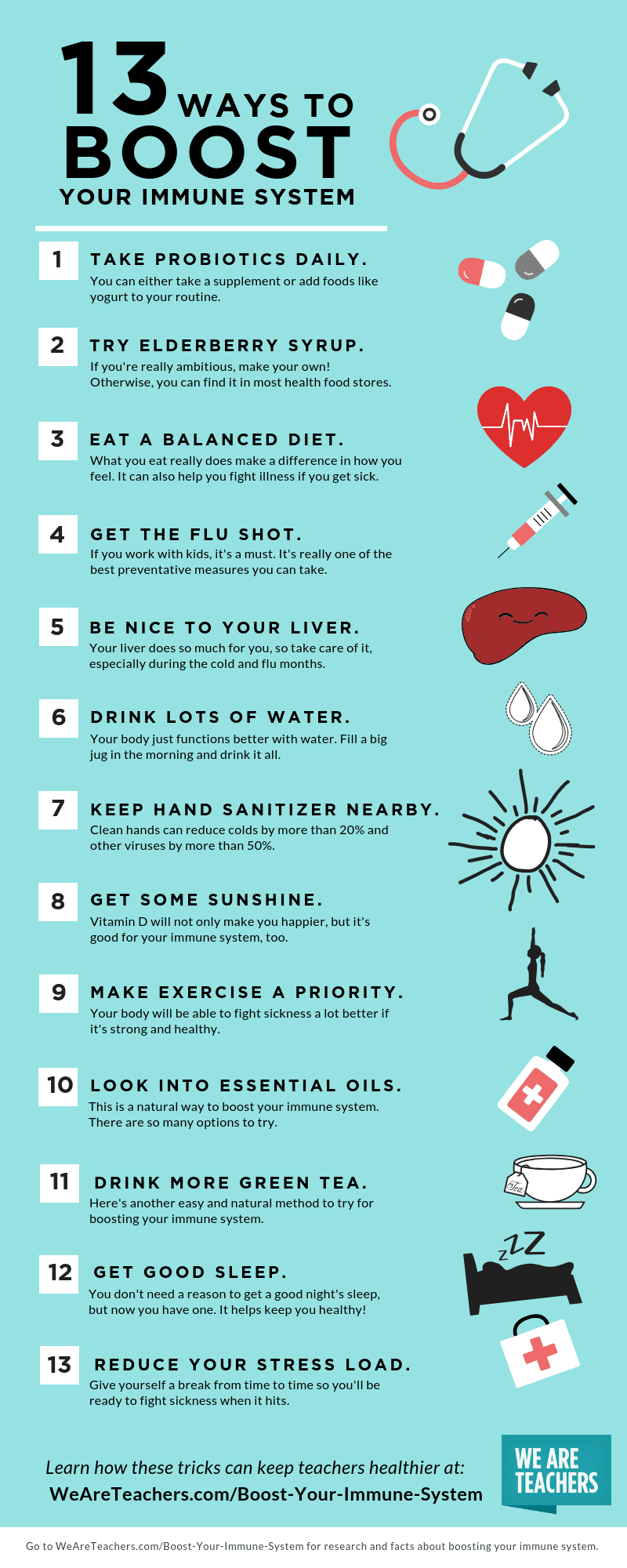One of the biggest financial decisions in life is buying a house, and obtaining a mortgage is an essential part of the home-buying process. The mortgage application process can feel daunting, but with some knowledge and preparation, it can be navigated like a pro. Here we will break down the steps involved in obtaining a mortgage and offer some tips to make the process smoother.
Step 1: Determine Your Budget

The first step in securing a mortgage is to determine how much you can afford to pay each month and the total amount you can borrow. This amount depends on your income, expenses, credit history, and other factors. Lenders typically use a formula called the debt-to-income ratio to determine the amount of mortgage you can afford.
It is important to take into account additional expenses of owning a house, such as taxes, insurance, and maintenance, when determining your budget.
Step 2: Gather Documentation
Lenders will require proof of income, assets, and debts when applying for a mortgage. This may include bank statements, tax returns, pay stubs, and other documentation. It’s essential to obtain these documents and have them in an organized file to make the application process smoother.
Step 3: Apply for a Mortgage

Once you have determined your budget and gathered the necessary documentation, you can begin the mortgage application process. You have the option to apply with various lenders, including banks, credit unions, or online mortgage companies.
During the application process, the lender will review your financial information, verify your employment, and check your credit history. It is essential to be honest and upfront with the lender to avoid any delays or rejections.
Step 4: Get Pre-Approved

After completing the mortgage application process, it’s time to get pre-approved for a mortgage. This is when the lender will provide a letter stating the maximum amount you are eligible to borrow. Getting pre-approved helps you to determine the price range of homes you can afford and can expedite the home-buying process.
Step 5: Closing the Mortgage
After finding your dream home and the purchase agreement is finalized, it’s time to close on the mortgage. At closing, the mortgage company will ensure that all necessary paperwork is completed and signed, funds are transferred, and the mortgage is funded. This is when you officially become a homeowner.
The mortgage application process can be overwhelming, but with some preparation and knowledge, it can be accomplished with ease. By following these steps, you can maneuver the process like a pro and successfully own the home of your dreams.










